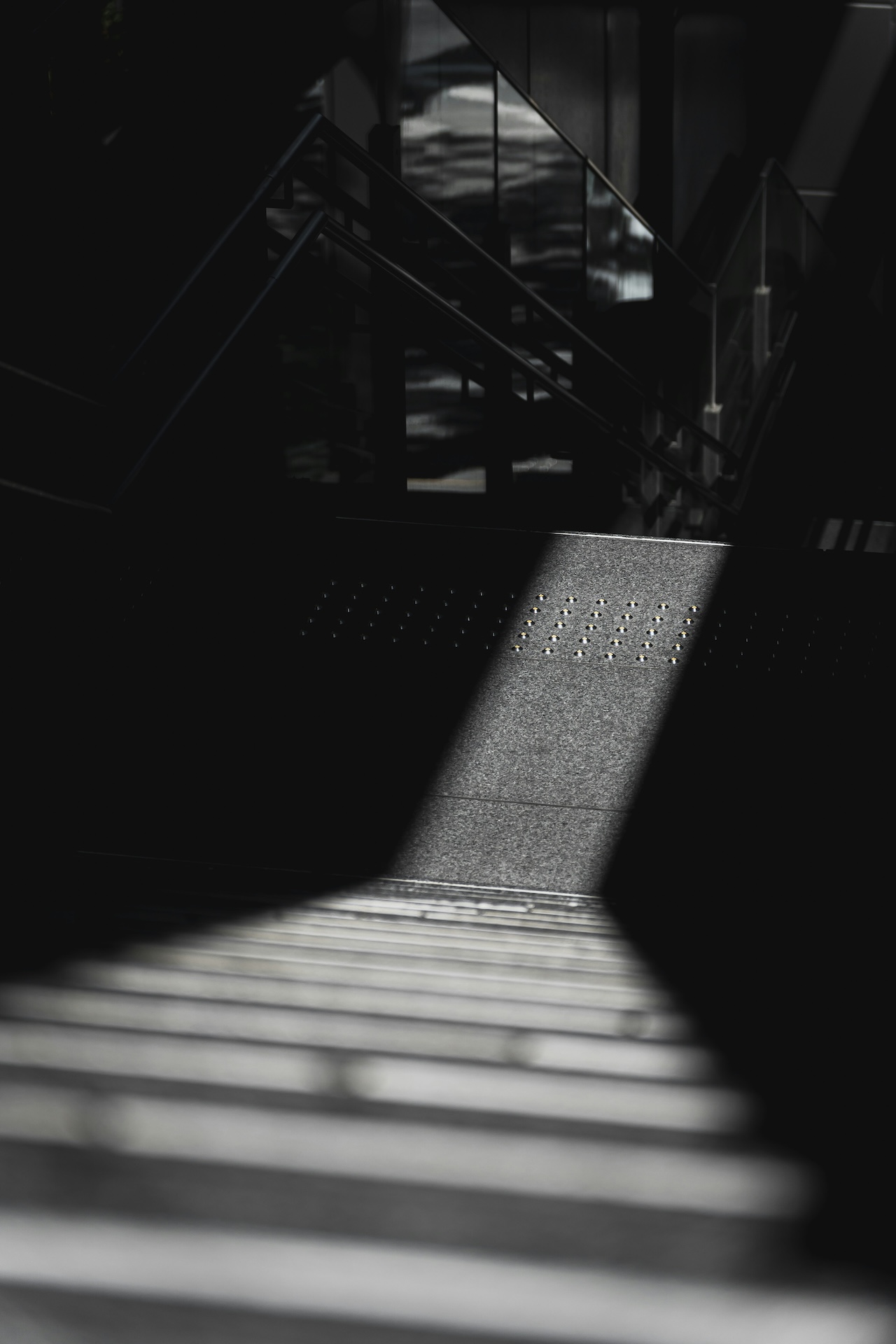When sound anticipates the future: Foreshadowing in music and sound design
Foreshadowing is the deliberate anticipation of future events through subtle hints. In the script or editing, it is usually an image, a sentence, a seemingly incidental moment that only unfolds its meaning later. In sound, however - and this is what makes music so particularly suitable - foreshadowing can have an atmospheric, intuitive and emotional effect without being narratively intrusive. In this article, we therefore examine how music and sound (can) go from background music to a time travel medium and what needs to be considered in fictional and documentary formats.
Why music is perfect for foreshadowing
Music is perfectly suited for foreshadowing because it touches the implicit memory. It can evoke premonitions before the mind realizes what is about to happen. In film music, it is not only leitmotifs that hint at things to come, but also harmonic tensions, timbres or instrumentation that prepare us emotionally for an event.
While dialogues communicate in a more fact-based way, music works with layers of meaning that unfold beneath conscious perception. This makes it an ideal medium for storytelling beneath the surface.
Example
In “The Sixth Sense”, the central twist is subtly prepared – among other things through the musical restraint in scenes in which Bruce Willis interacts with others. The score often remains isolated and internal, which makes the emotional distance palpable on rewatch, even before the plot explains it.

Composition strategies
Harmonic foreshadowing: a chord that doesn’t quite fit. A leading tone that is not resolved. Dissonance as foreboding.
Motivic allusion: a theme that emerges in fragments long before it fully unfolds – like a shadow of the future.
Timbre & instrumentation: A sound that sounds like it comes from another world – such as a glass harp, a deep drone signal, a processed voice. These sounds can establish the atmosphere of an upcoming event in the present.
Spatiality in sound design: reverbs, delay, subtle background noises can suggest “other spaces”: psychological, temporal or symbolic. Sound design can achieve foreshadowing by suggesting connections between scenes that are only resolved later.
Example
In “No Country for Old Men”, Carter Burwell’s nearly complete renunciation of music creates an almost ghostly void. The rare moments of sound act like bridges between fate and chance, often imperceptible but with deep reverberations.

How much is music allowed to reveal?
Especially in documentary formats, this is a central question: Can music suggest what the image does not (yet) show? Is this manipulation or interpretation? Foreshadowing is clearly more difficult in documentary work. Music should not anticipate anything that the audience cannot experience for themselves. Nevertheless, a well-chosen sound space can also prepare important emotional lines in documentaries.
But the same applies to fiction: if the music knows more than the plot, it can arouse curiosity – or disappoint. Good scores balance on this tightrope. Ideally, musical foreshadowing is a subtle play with expectation, never a spoiler. It asks questions instead of giving answers.
Example
In “The Act of Killing”, surreal sound patterns are used to frame the grotesque perception of the perpetrators – an anticipated echo of the incomprehensible that only gradually seeps into the audience’s consciousness.

Summary
Foreshadowing in music used with moving images is a game with possibilities and creates foreshadowing – not anticipation. Foreshadowing requires knowledge of dramaturgy, psychology and narrative rhythm. A single sound can announce the entire third act – without saying a word. Music in a movie can be more than just background music. Used well, it can even be a medium for time travel. And sometimes it knows things that the movie itself has not yet said.
- Foreshadowing through music and sound is possible
- Music is atmospheric, intuitive and emotional
- Subtle play with expectation is possible
- Harmonious, motivic or spatial foreshadowing
- Documentary formats require a lot of tact
- Foreshadowing instead of anticipation
Kontakt
JP Composers
Julian Pešek (Einzeluntermehmer)
Südstraße 45
04178 Leipzig
Telefon: +49 171 9101572
Mail: julian@jp-composers.com
